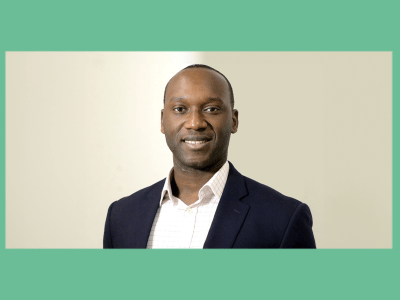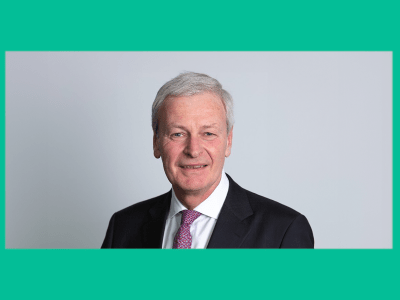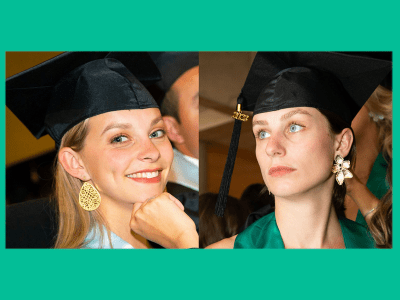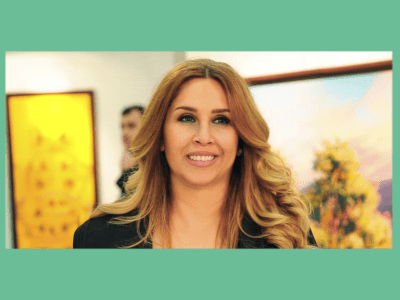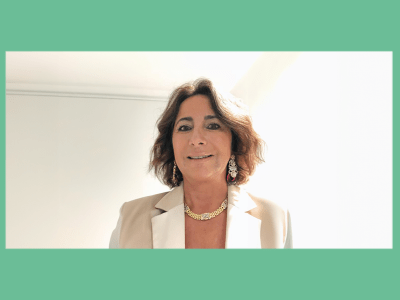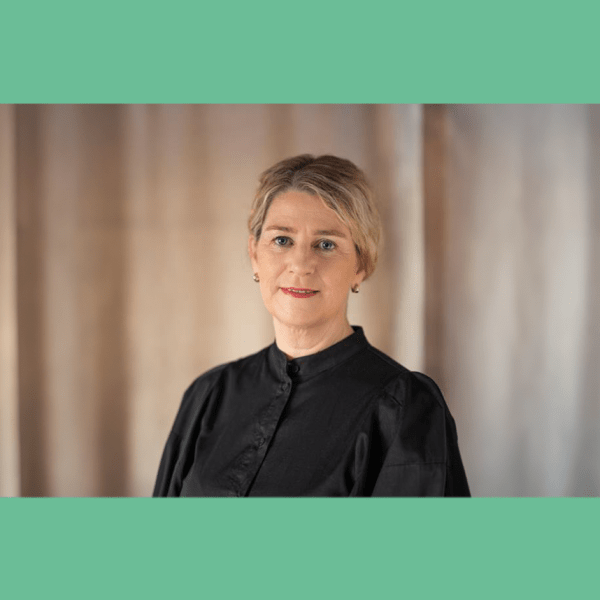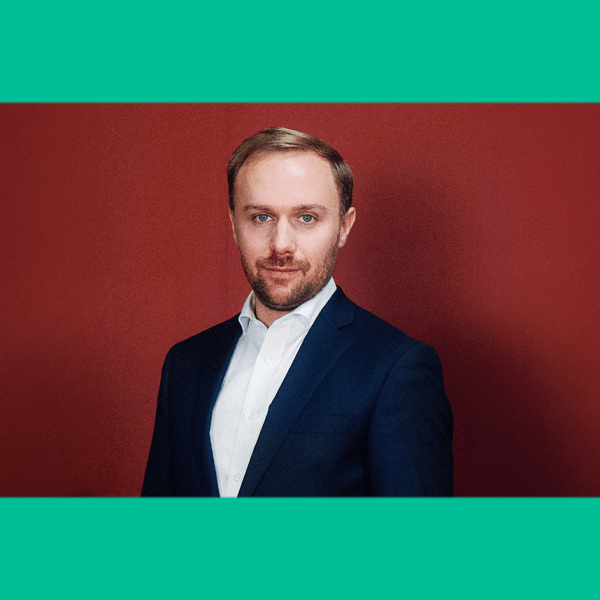EU Alumnus, Jesse Bak, on Social Selling
Originally from Hoornaar in the Netherlands, Jesse Bak now spends his time rotating between Brazil, Boston, and Barcelona for work. He speaks Dutch and English, a little German and he’s slowly making progress in learning Spanish. Jesse works his magic on LinkedIn, but he’s also well versed in the kitchen where he loves to cook up a storm accompanied by a good glass of wine.
How has your career evolved since you studied at EU?
I had already begun working on my company while I was studying at EU. I offered my services as a content writer, at first in Dutch and then in English, which combined perfectly with my studies. It is a very competitive field, so I started posting the content I was creating on LinkedIn and discovered what a powerful platform it was. I decided to learn more.
Eventually, clients requested more than content, and I decided to start offering LinkedIn training. One thing led to the next, and this has evolved into a consultancy where I teach companies how to harness LinkedIn for marketing and sales.
What is social selling and why is it so important in today’s business world?
Social selling is a new, innovative networking strategy that helps businesses achieve their goals. It consists of building trust and credibility through networking and creating content to be consistently visible, finding your prospects, and utilizing the correct steps to get onto and stay on their radar. So, it’s the question of how you establish a level of trust and credibility where someone is prepared to talk to you, let alone buy something from you. Once you are able to establish a level of trust, you have a great advantage.
If I were a CEO who needed software twenty years ago, I would have had to call someone from sales to get more information about the product, as they were the only source of information. In this day and age, everyone can do their own research online. To make a deal back then, the salesrep would have to visit or call me but there would be little chance to reach me if I had meetings all day. However, with social selling, you can reach out to people in a different way at any moment. If you write to them in the language they want to hear, you have the key to catching their attention.
How would you define effective content?
There are few ingredients of effective content. I think it’s most beneficial to assume that your content will not generate sales, the most important ingredient is never to sell, never to talk about your products or your solution, but only talk about pain. What pain are people experiencing? How can I relate to my audience? Does this resonate with my audience? A LinkedIn post should have three key elements to be effective — its content should be unexpected, practical and educational.
Why is LinkedIn your chosen platform?
It is the closest you can get to a networking event. You have a mix of personalities there, and there is always the guy that everyone wants to talk to because he has a good story. If you create good content on LinkedIn, you are able to build trust with your audience over time and people start to engage with you.
You still get the guys that are trying to sell you something after the first two minutes, but they are usually the least successful. The people who are smart with it really target their introductions, asking to be introduced to someone and arranging a touch point call. A deal is never going to happen on LinkedIn, but you are able to warm the person up and then the process gains pace. It all sounds very new and innovative, but we are just adapting to the virtual way of networking.
What are the most common mistakes companies make when branding themselves on LinkedIn?
A company’s most valuable asset is its people. One big mistake is creating one message and using your 100 employees to distribute that same message everywhere because people will see right through it.
People also tend to forget that even though it is a B2B network, it’s still social media so people care more about the individuals than the company. You aren’t able to build trust with someone who has a completely corporate profile which says nothing about them.
Another big mistake is the overuse of automation. It can work, but 99% of LinkedIn users are not using it correctly, or they abuse it by sending one message to hundreds or thousands of people. It will leave a bad impression and ruin your credibility.
How has the buyer journey changed in recent years?
The biggest change is that the buyer now has a monopoly on information. Ten years ago, the seller had all the information but now it is the buyer. So, as the seller, you need to create touch points online to get seen, whether that be advertisements on different channels, websites or emails. If you aren’t doing this, you are missing out big time.
How do you predict the sales process will evolve in the coming years?
The buyer is going to get more and more power and the seller will do anything to get their attention. It will involve a lot of AI-generated content and bad content automation. The big players will be the 1% that are be able to maintain an authentic voice.
How did studying at EU prepare you for your career?
It gave me the knowledge and confidence I needed to set up my entrepreneurial projects. Before, I would not have been so bold and disruptive, and I think that general mindset change came with what I’ve learned at EU.
What do you think your time in Barcelona did for you and your career?
Throwing yourself in the deep end is always a good thing, at least for me. You learn a lot from it, not necessarily in business or learning the language, but in standing up for yourself and learning who you really are.
Both my relationship and my company came out of Barcelona. It is a great place to live because there is a high quality of life here, but it is also very metropolitan, so you have the chance to achieve your goals.
Life is too short to…
Limit yourself!


